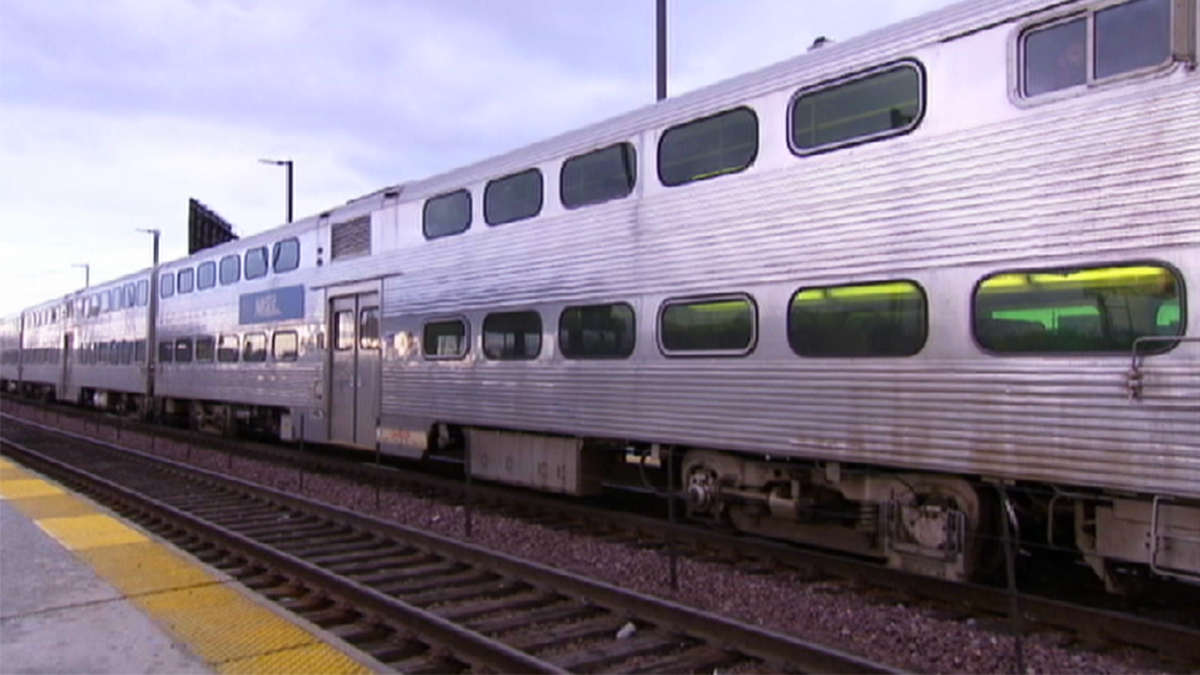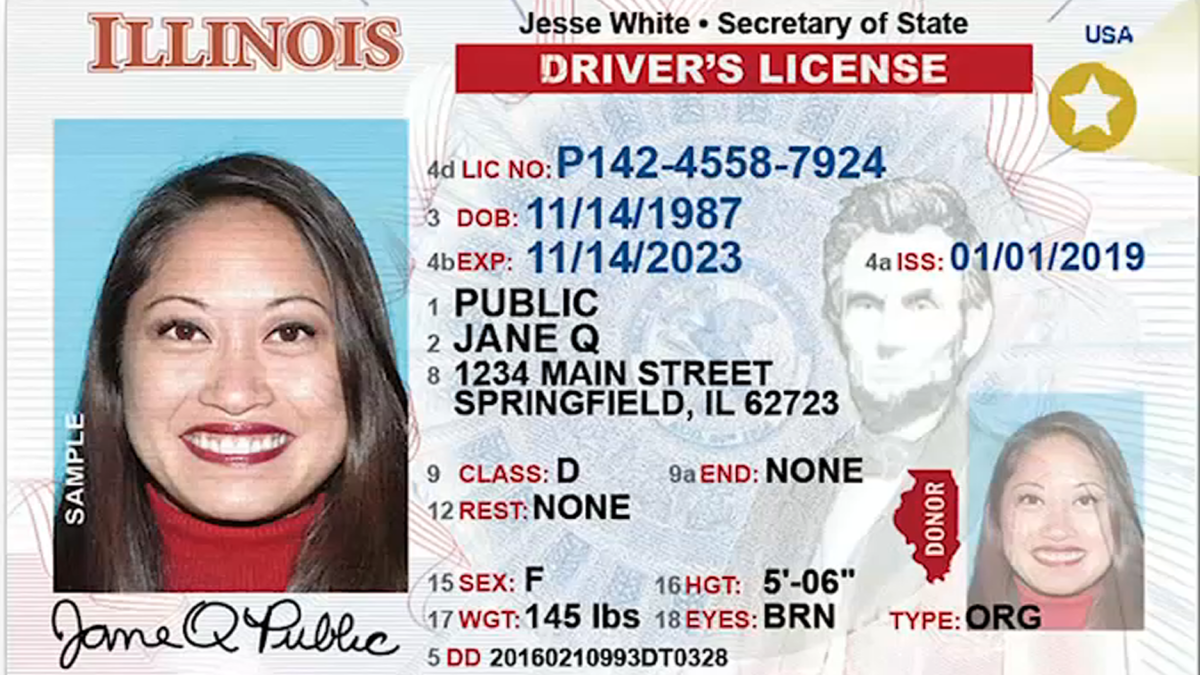Multiple Illinois health systems have implemented full or partial mask mandates amid a continuing uptick in respiratory infections across the state.
Rush University Medical Center, in a note on its website, said visitors and staff must wear hospital-approved masks in some areas, citing increased levels of COVID-19 and other respiratory illnesses, such as the flu and RSV.
"Effective Dec. 2, 2024, Rush is requiring patients and visitors to wear hospital-approved masks when they are in clinical offices, waiting areas and patient registration," the hospital stated. "The policy coincides with the respiratory virus season, when the spread of flu, RSV and COVID-19 rises."
The above requirement is in effect at all of the health system's hospitals - Rush University Medical Center, Rush Copley Medical Center and Rush Oak Park Hospital. OSF Saint Francis Medical Center in Peoria, meanwhile, will begin requiring masks on Tuesday due to "widespread respiratory illnesses," including COVID-19, influenza and RSV. In addition, the hospital is implementing a temporary restriction of only two visitors - 18 years old and above - per patient.
Other area health systems, such as Endeavor Health, require masks for visitors and patients experiencing respiratory symptoms, citing ongoing virus transmission, according to its website. University of Chicago Medicine, meanwhile, mandates staff members members wear masks for "all patient care and patient facing activities," according to a spokesman.
On a statewide level, the Illinois Department of Public Health warned Dec. 23 that the "overall respiratory illness level has moved up from low to moderate." The percentage of emergency room visits for respiratory illnesses increased from 13.8% to 14.7% in a one-week period, along with a rise in ICU admissions for RSV, which officials said was largely driven by children between the ages of 0 and 4 years old.
Local
The uptick in Illinois follows surges in flu and whooping cough cases across much of the country.
Dr. Whitney Lyn, a family medicine physician with Cook County Health, said the hospital admission rate typically picks up a week after the holidays, but this year, hospitals are already "bursting at the seams."
Feeling out of the loop? We'll catch you up on the Chicago news you need to know. Sign up for the weekly> Chicago Catch-Up newsletter.
For those who contract an illness, there are effective anti-viral treatments available for COVID-19 and the flu, but they must be started quickly. Even with the nation experiencing a rise in illnesses and the holidays winding down, doctors insist it's not too late to get vaccinated.
Lyn said it's "really, really important" to consider getting vaccines to decrease your chances of becoming seriously ill.
"But what's really the important thing about it is [the] majority of these viruses that we are seeing do have vaccines that can either lessen the symptoms or don't have the symptoms at all," she stated. "The more people that we really get vaccinated for the flu, RSV, COVID, those are the things that are really going to decrease the transmission from person to person and not have your whole household sick."
While it takes about two weeks for vaccinations to provide their full level of protection, getting shots now will offer protection through the cold and flu season that lasts into the spring.
Anyone experiencing common respiratory symptoms - such as a cough, sneezing or a fever - should wear a mask anytime they are around others, doctors assert.
"...If you're having that cough, that sneezing, please wear a mask because you don't know what you have," Lyn said. "And if, you know, you have elderly people that you're around or people who are immunocompromised that have chronic diseases or even children, those things can actually make things worse for them."



